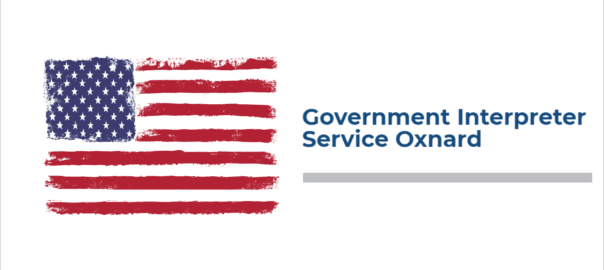For weeks now, the world’s population has been wedged by the Coronavirus that has cast more uncertainty on the health future. The pandemic so far has been brutal for Government Interpreter Service Oxnard, as there has been a remarkable decline in work following the World Health Organizations guidelines of keeping safe. The virus has caused an almost total shut down in activities from jobs, events, conventions and conferences all have dried up.
Due to the pandemic, qualified interpreters are among the people to suffer from loss of jobs. Government interpreters have found themselves with less or no opportunities; therefore, no income. As a result, the interpreters have also found themselves revolutionizing to adapt with the pandemic and accept that they can change their working ways to satisfy the on-demand needs of interpretation services. Here is how the interpreting industry can improve to deliver timely information.
Technology Advancement and Future Benefits
Primarily, non-experienced government interpreters who lack technological know-how may primarily take time before they can get used to offering their services via video conferences. Also, the schedulers and clients will need to accustom themselves to the technology in use; thus, all the involved parties should be technologically equipped to deliver information successfully. Those offering interpretation services should try and make it possible for remote interpretation also be viable and easy to access for every citizen to grasp what is communicated.
The main goal of using the latest technology is that once the industry starts using the video conferencing and AI tools that offer interpretation services, it will be far better curbing the spread and infection of the COVID-19 virus. But at the same time, there will be more tech development; hence the interpreting industry moves in the right direction.
Innovation Mindset from Government Interpreter Service Oxnard
Face-to-face interpretation offers no technological barrier. Access to language is more important as every information is delivered successfully. In addition, those with less understanding of the technical languages or those with Limited English Proficiency also need to access the right information. Such difficulties call for government interpreters to adapt quickly, not only be viable economically but also deliver the much-needed information to every citizen.
Reluctancy to Innovate
According to scientists and economists, the COVID-19 pandemic was to fuel the next wave of innovations in various sectors to create a new normal. Many businesses will merge into significant ecosystems, health will be provided in large quantities, and digitally, many digital bureaucracies will start up, etc. However, interpreters in the interpretation industry have been slow in coping with the latest innovation and adapting to the right tools. While the technology to support video conferencing or remote interpreting is available, this has led to many face-to-face meetings are being cancelled.
Schedulers, clients, and interpreters are usually not familiar with the latest tech advancements, and many worry about reduced quality of the interpretations service. However, video conferencing and remote work is becoming the norm that should be endorsed with every interpreter aspiring to offer their service in and out of the government as it has next to nil loss in quality. While the interpretation industry has been slow to innovate, will the pandemic revolutionize and improve the industry forever?







